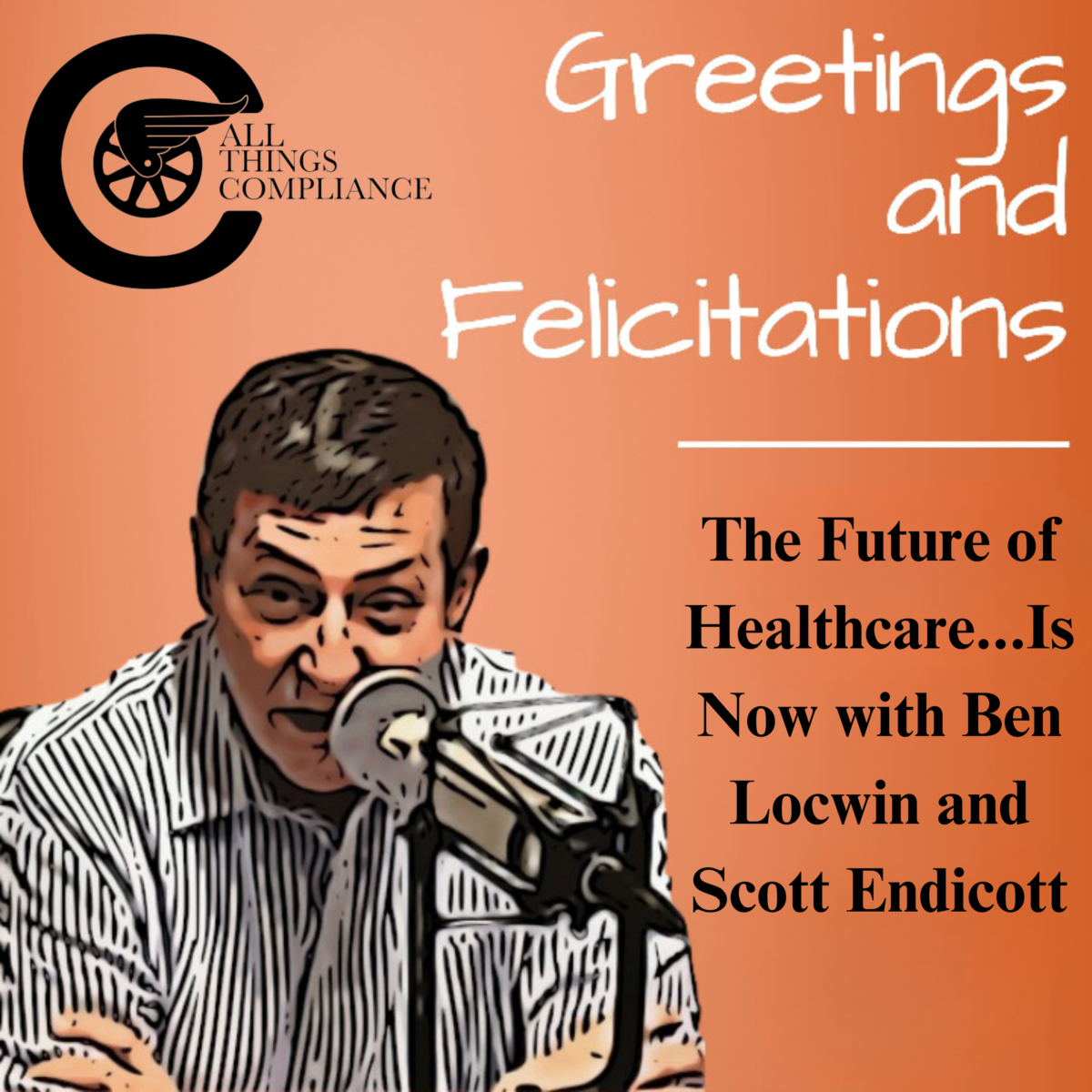What is the future of healthcare and when will it arrive? To explore these and similar questions I visited with Dr. Ben Locwin and Scott Endicott in a five-episode podcast series. Over this series we have explored why the future of healthcare is now; gene and cell therapy, the use and misuse of statistics, Hippocrates and modern healthcare and where healthcare will be headed down the road. In this concluding Part 5, we look down the road at the future of healthcare.
The rapid advancement of technology has changed the way we live and work, and it’s also changing the way we receive healthcare. From smaller and smaller silicon wafer chips to quantum computers and micro dosing insulin pumps, technology is becoming more and more prevalent in healthcare.
At the same time, however, this technology poses several potential risks and ethical implications. Data privacy is a major concern, as there have been cases of lost or de-anonymized patient data from electronic health records getting out into the public sphere. AI and machine learning are also being used to collect and predict data, which could lead to further data privacy issues.
Ben and Scott recently discussed the potential risks and benefits of technology and the need for appropriate regulation and oversight to control the future of medical decision making. They also discussed the importance of patient advocacy and self-advocacy, as well as understanding and controlling how data is used.
Taking a counterfactual approach to contemplate the future of healthcare, it’s clear that technology advancements are here to stay. Software as a medical device is an open access point for hackers to get into highly critical medical devices. According to an IBM report, 550 organizations had a data breach between 2022 and 2023, and healthcare organizations had the highest average cost of data breaches at $11 million, up 8% from last year and 50% from a couple of years ago. With malware and ransomware looking to steal data due to the potential financial gain, the loss and risk to patient data from electronic medical and health records is a major concern.
Moore’s Law applies to both good and negative aspects of technology growth. Within 10-20 years, medications will be administered trans-dermally instead of through a bottle, and micronization of diagnostic capabilities will be available. Healthcare services, decisions, and other roles will be available through Amazon-like delivery. AI and ML are becoming more of a buzzword challenge, with many references being made to them in conversations. AI is currently being applied to chat and other spaces but is still five years away from being able to be transformational in medical applications. Genomics data is now accessible for criminal investigations, creating a downside risk. Technology is shrinking and getting faster, with microprocessors being built on five nanometer dies. Computers are beginning to take over for human decision making, with the widespread use of AI being seen in the future.
To ensure that these advancements are used responsibly, appropriate regulation and oversight is key. Ben believes that the human race has a tenacity to revert back if things become too extreme. Scott believes that patient advocacy and self-advocacy will be key to the change that needs to happen. Understanding and controlling how data is used is essential, as well as having more ethicists involved in the industry.
We hope that this blog post has provided you with some practical advice and data-driven insights to help you navigate the world of healthcare technology.
Key Highlights
· Medical Technology Risks
· AI in Healthcare
· Moore’s Law and Medicine
· Data Privacy and Telemedicine
Resources
Dr. Ben Locwin on LinkedIn
Scott Endicott on LinkedIn
Tom Fox on LinkedIn



